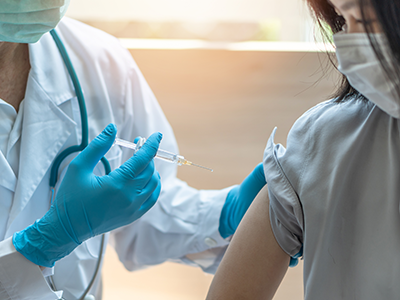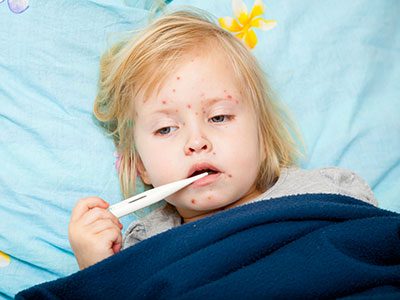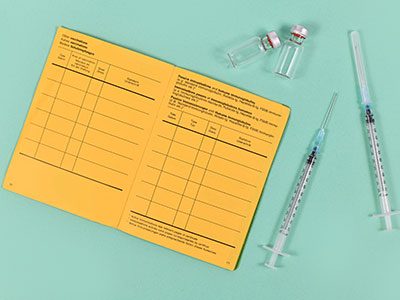Motherhood is a journey filled with love, anticipation and a whole lot of responsibility. As you prepare to welcome your baby into the world, ensuring their health is a top priority. One of the most effective ways to protect your baby from preventable diseases even before they are born is through maternal vaccination.
What are maternal vaccines?
Maternal vaccines are vaccinations given to pregnant women to protect their babies from certain diseases. During pregnancy, a mother’s antibodies pass through the placenta and provide immunity to the baby. Maternal vaccines help create a shield of protection for your newborn in the crucial first few months of life when they are most vulnerable to infections.
Why are maternal vaccines important?
Newborns have immature immune systems and are at high risk of serious complications from vaccine-preventable diseases. Maternal vaccines help bridge this immunity gap by providing essential antibodies to your baby before they are born.
Here’s a closer look at two of the most recommended maternal vaccines:
- Tdap vaccine: Protects against tetanus, diphtheria and pertussis (whooping cough). Whooping cough can be life-threatening for young infants, and Tdap vaccination during pregnancy significantly reduces the risk of a baby getting sick. The Centers for Disease Control and Prevention (CDC) recommends getting Tdap during every pregnancy, ideally between 27- and 36-weeks gestation.
- Flu vaccine: The influenza virus, or flu, can be severe for people of all ages, but especially for infants. Getting a flu vaccine during pregnancy can help protect your baby from the flu for several months after birth. The flu vaccine can be administered anytime during pregnancy.
The benefits of maternal vaccination
Vaccination during pregnancy is not just about protecting your baby; it’s also about safeguarding yourself. Pregnant women are more susceptible to certain infections, and maternal vaccines can help you stay healthy throughout your pregnancy.
Additional benefits of maternal vaccination include:
- Reduced risk of hospitalization for both mother and baby
- Fewer doctor visits for vaccine-preventable illnesses
- Peace of mind knowing you’ve done everything possible to protect your baby
Talking to your doctor
If you are pregnant or planning to become pregnant, talk to your doctor about maternal vaccines. They can answer your questions, address any concerns you may have and recommend the most appropriate vaccination schedule for you.
By getting vaccinated during pregnancy, you are giving your baby the best start in life. Don’t hesitate to discuss maternal vaccines with your doctor and ensure a healthy and happy journey into motherhood!
 https://riseandshine.childrensnational.org/wp-content/uploads/2026/01/boy-flexing-after-vaccine-feature.jpg
300
400
Rise and Shine
https://riseandshine.childrensnational.org/wp-content/uploads/2017/11/childrens_riseandshine_logo.jpg
Rise and Shine2026-01-20 16:52:102026-01-20 16:52:10What parents should know about childhood vaccines
https://riseandshine.childrensnational.org/wp-content/uploads/2026/01/boy-flexing-after-vaccine-feature.jpg
300
400
Rise and Shine
https://riseandshine.childrensnational.org/wp-content/uploads/2017/11/childrens_riseandshine_logo.jpg
Rise and Shine2026-01-20 16:52:102026-01-20 16:52:10What parents should know about childhood vaccines





















Leave a Comment
Want to join the discussion?Feel free to contribute!